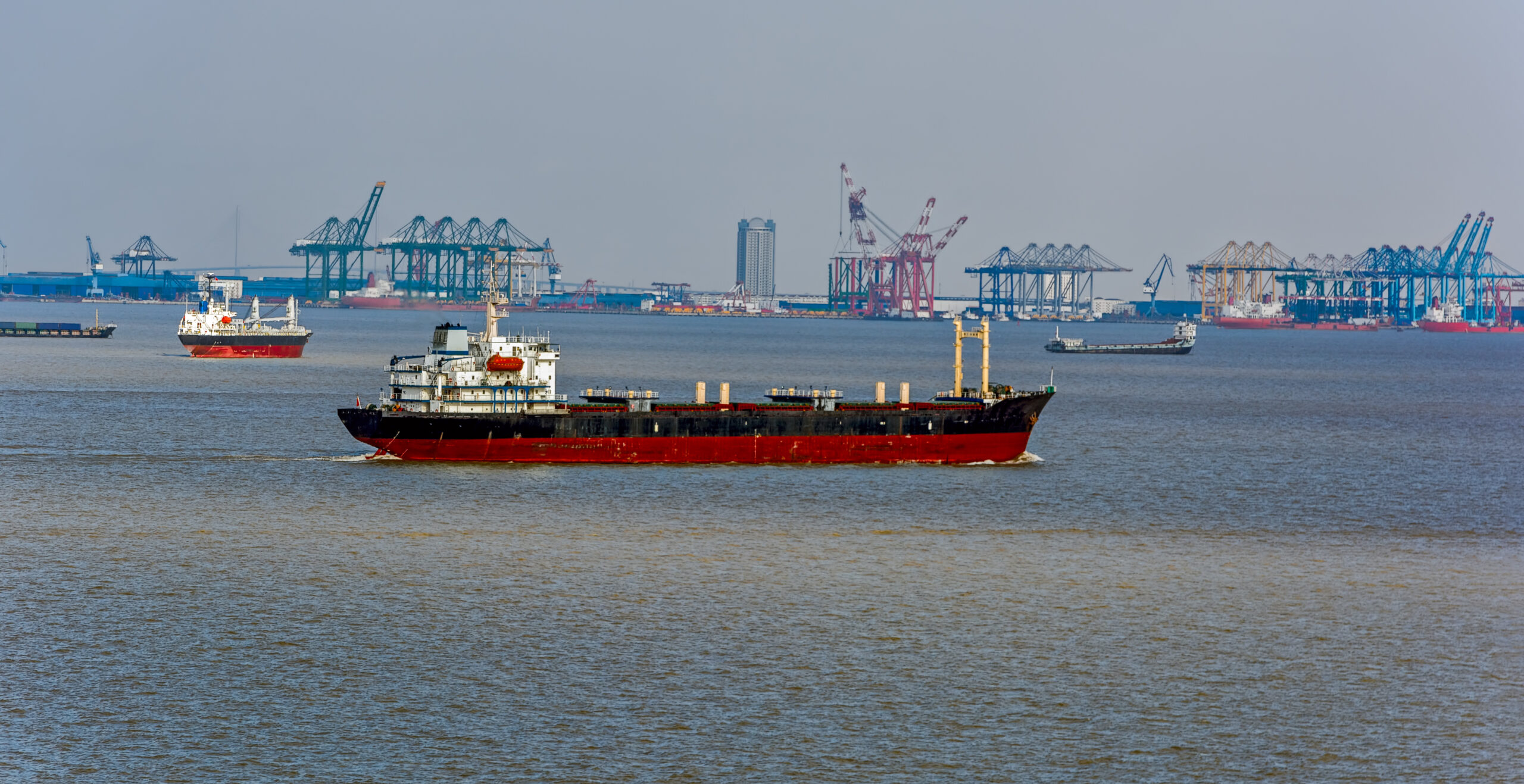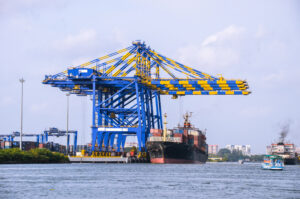China’s shipbuilding empire is the latest flashpoint in the intensifying frictions between Washington and Beijing.
Foreign capital and technology are flowing into Chinese shipyards, which is accelerating Beijing’s ongoing naval buildup.
Washington accuses China over alleged unfair trade practices that have buoyed its shipbuilding sector.
Speaking with major shipbuilders HD Hyundai and Hanwha during a trip to South Korea, US Navy Secretary Carlos Del Toro, reiterated the importance of attracting Korean investment in integrated commercial and naval shipbuilding facilities in the US.
Secretary Del Toro traveled to Asia earlier this year to meet with the top executives of the world’s most advanced and productive commercial shipbuilders. He brought to the table a simple, yet profound opportunity: “Invest in America”—modernize and invigorate the U.S. shipbuilding ecosystem with your cutting-edge technology and processes.”
Earlier this year the United Steelworkers union (USW) also led a coalition of labor organizations in filing a Section 301 petition, calling on the United States Trade Representative (USTR) to initiate an investigation of Chinese commercial shipbuilding.
“The United States once had nearly 30 major shipyards; now we’re down to just a handful,” said USW International President David McCall. “That correlates with more than 70,000 lost shipbuilding jobs, not to mention all the secondary jobs the industry supports.”
Carlos Del Toro reiterated on Wednesday his commitment to restoring the nation’s vital strategic shipping and shipbuilding industry at the U.S. Department of Transportation, Maritime Administration (MARAD) National Maritime Day ceremony in Washington, D.C.
“History reveals that no nation has endured as a great naval power without also being a commercial maritime power, both in shipbuilding and shipping,” said Secretary Del Toro. “And for the first time in 125 years, we have a full-spectrum, global maritime competitor. That is why, as Secretary of the Navy, I have advocated so forcefully to revive commercial shipbuilding and the U.S. Merchant Marine.”
To achieve this goal, Secretary Del Toro has engaged across the Cabinet to advance a whole-of-government effort to rebuild the nation’s comprehensive maritime power.
President Biden announced earlier this month that he is raising tariffs on an array of Chinese imports, including steel and aluminum, semiconductors, electric vehicles, batteries, critical minerals, solar cells, ship-to-shore cranes, and medical products, in what he calls “an effort to protect American workers and American companies from China’s unfair trade practices.”
The increased tariffs will apply to about $18 billion worth of annual imports from China, White House officials said.
The White House has declined to speculate on how Beijing may hit back now. Biden however acknowledged that he expects China will likely retaliate in some way to the newly announced tariffs against Beijing.
The President Biden also criticized the previous administration’s trade deal with China, claiming that it failed to increase American exports or boost American manufacturing as it had promised.
China’s Ministry of Commerce criticized the tariffs in a statement, saying that China “firmly opposes this.”
The statement called the Biden administration’s decision “typical political manipulation” that would “seriously affect the atmosphere of bilateral cooperation.”
“China expresses strong dissatisfaction with this. The United States should immediately correct its wrongdoing and cancel the additional tariffs imposed on China.”
China called on the United States to rescind the decision, saying that “China will take resolute measures to defend its rights and interests. The U.S.’s increase tariffs violates President Biden’s commitment “not to break links with China.”
The tariff rate on ship-to-shore (STS) cranes will increase from 0% to 25% in 2024.
As it is claimed by the White House, a 25% tariff rate on ship-to-shore cranes will help protect U.S. manufacturers from China’s unfair trade practices that have led to excessive concentration in the market.



